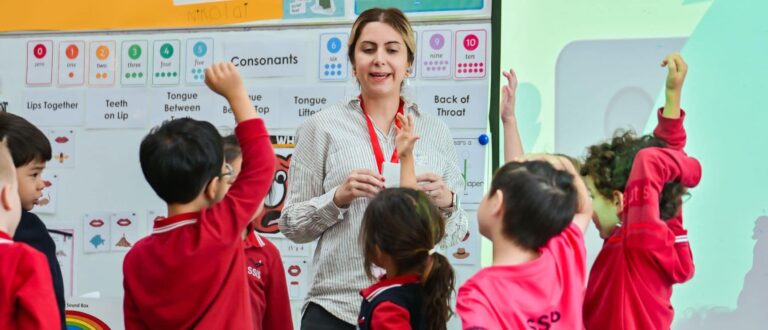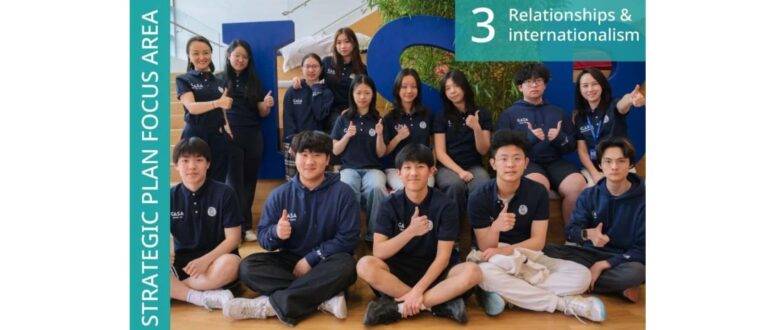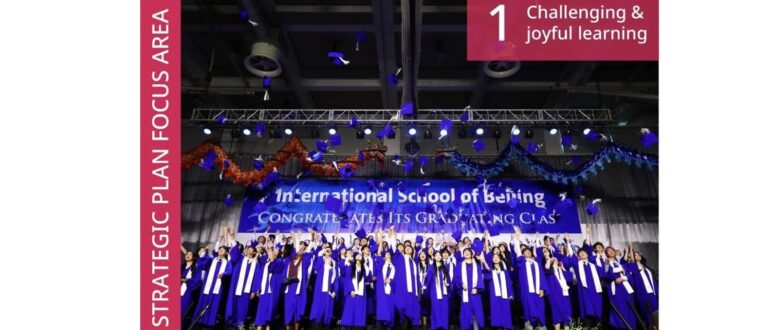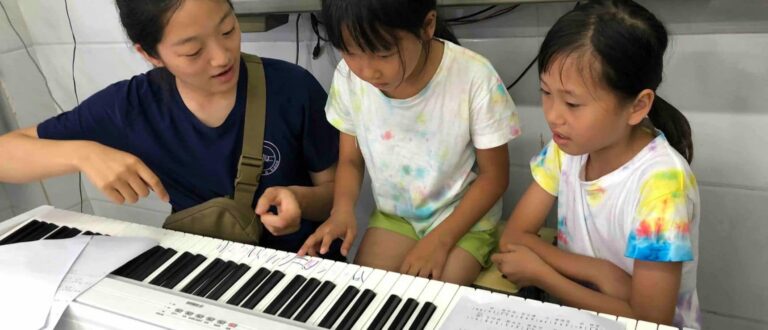Dear Families,
Why is Keystone such a rewarding and joyous place in which to work? I have many answers to that question. For now, I’ll answer with a few illustrations from students, who are one of the delightful causes of work and life here being so fulfilling.
On Saturday evening, November 23, the High School students at Keystone organized and hosted their annual Charity Ball. This special event has already become an annual tradition. When we first started it, we thought that it might stand in as a positive alternative to a Prom, an event that has been debased in some schools to become an overly extravagant display of vanity and questionable behavior. Our Charity Ball is an occasion organized by students, who do of course love the decoration and the dressing up that goes with it. However, there is a seriousness of purpose to the evening and most of the entertainment is performed by talented student musicians. The lineup this year included The Rolling Keystones, a student band with a name only surpassed in mischief by the magic of its music.
As its name suggests, there is a social service element underlying the Charity Ball. The students invite as guests of honor a few representatives of a charitable cause that they support. This year they hosted two officers from the Migrant Children Foundation (MCF), who gave a rousing short address when they received their certificate of honor and appreciation from Keystone Academy. I was sitting at a table with these guests, and about 6 or 7 teachers. At one point, I turned to the group and I said to them all how fortunate I felt to be working here, with such wonderful students. I mean that. We have very few really serious or recurring problems at Keystone, which means that we can get on with the real work, and play, of learning, without too many of the disciplinary distractions that can cripple schools.
With that as background, I want to share a few individualized examples that illustrate my point. In the middle of the following week, I left on the Wednesday afternoon (November 27) for a conference in Scotland. I came to my office late on the Tuesday night to collect a few things so as to finish my packing. Pushed under the door, I found a beautiful, handwritten Thanksgiving card. This was from a student new to Keystone this year. She had joined our Middle School from a public school, and recalled in the card an incident near the start of the year, in late August, when I had gone to her dorm to greet her and to express an interest in supporting her to settle quickly into our community. She remembered that I had known her nickname, and informed me that she had adjusted to new friends and ‘the continuous efforts to make themselves better’. She ended by saying that ‘I will make you proud one day’. She has already made me proud.
I woke the next morning to an e-mail that had been sent to a senior administrator overnight and copied to me. This message was from a student who had had an altercation in class the previous day with a teacher. She was distressed by this, and asked for ‘understanding and help’. Incidents such as she was describing, whatever their cause and whomever might be responsible, occur in all schools, even ones such as ours that are characterized for the most part by harmonious and respectful relations between students and teachers. But what was so right about the letter was the way in which it was not at all a rant, but a considered response to an emotional incident, and a response that was tied throughout the short note to our Keystone values. The student wrote this: “Respect, as one of the Keystone’s shared values, should be mutual, from both sides”, and went on to say: “I believe that Keystone should be a warm community with respect and justice where everyone in the community should behave well.” Needless to say, the incident was sorted out easily by that senior administrator and, again needless to say, I felt proud of how the student had responded.
Both these incidents had happened, or been written about, before my day began. And I was leaving for Scotland later that afternoon. At breakfast, I was walking around chatting to various groups of boarding students when I noticed a boy at one table who had an unusually large number of tomatoes on his plate. In commenting on his enjoyment of tomatoes, I asked him if he said ‘tomARtoes’ (British pronunciation, like mine), or ‘tomAAtoes’ (American pronunciation, which turned out to be his preference). We shared a small joke about that. How gratifying it was, then, to receive this e-mail just before I boarded my plane in the afternoon:
Dear Mr. Mckenzie,
Sorry for my interruption. I’m (name deleted by me) from G10, and we talked about the British and US accent of tomato this morning during breakfast. Could you please write a short email to residential life just to prove to them that I had breakfast this morning? I’m sorry to interrupt you but you are the only teacher I recognize that saw me in the breakfast.
So, my last contact with Keystone before shutting down my phone for take-off was to write to residential life and vouch for the student’s hearty appetite, and presence, at breakfast.
Perhaps now you can get a deeper glimpse into the rewards and joys of living in this community of considerate and appreciative girls and boys.
By Malcolm McKenzie – Head of School @ Keystone Academy







